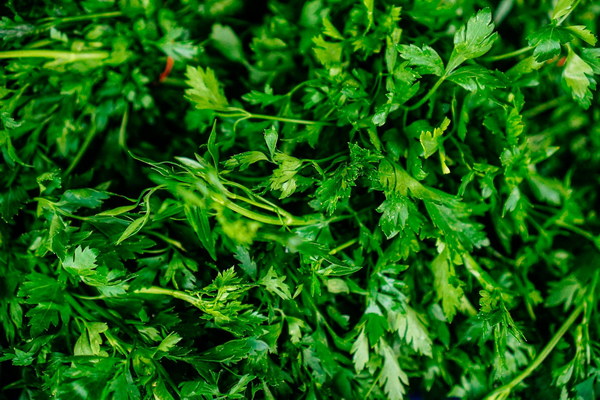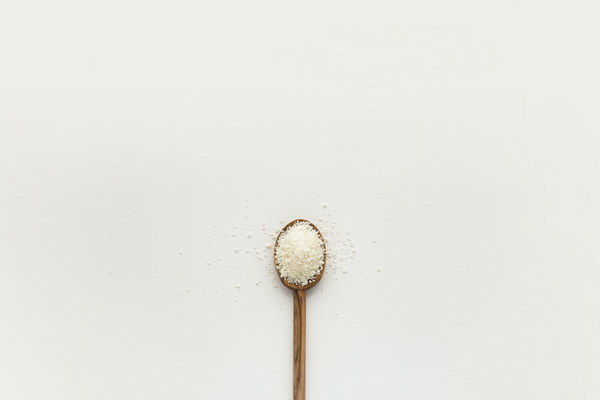Exploring Traditional Chinese Herbal Wine Recipes for Kidney Health
Exploring Traditional Chinese Herbal Wine Recipes for Kidney Health
In the realm of traditional Chinese medicine (TCM), the concept of balancing the body's Yin and Yang is paramount. One of the key organs in this delicate balance is the kidney, which is believed to play a vital role in maintaining overall health and vitality. One popular method of nurturing kidney health is through the use of herbal wine, a time-honored practice that combines the rejuvenating properties of alcohol with the healing powers of various herbs. Below, we delve into some of the most renowned herbal wine recipes that are traditionally used to support kidney health.
1. Jin Gui Shen Qi Wan Wine
This recipe is one of the most famous in TCM, designed to tonify the kidneys and improve overall vitality. The key ingredients include:
- He Shou Wu (Polygonum multiflorum): Known for its ability to nourish the kidneys and replenish the essence.
- Eucommia ulmoides (Du Zhong): Strengthens the bones and tendons, and supports kidney health.
- Cortex Moutan (Mu Dan Pi): Helps to nourish the liver and blood, which is closely linked to kidney function.
- Cordyceps sinensis (Suo Ling Xu): Enhances the immune system and supports kidney function.
- Rum (Alcohol): As the base, providing the medium for the herbs to infuse their properties.
The herbs are typically macerated in rum for a period of weeks, allowing the alcohol to extract the beneficial compounds from the plants.
2. Bu Gu Zhi Wine
Bu Gu Zhi Wine is another popular choice for kidney health, with a focus on warming the kidneys and improving fertility. The ingredients are:
- Bu Gu Zhi (Psoralea corylifolia): A key herb in this recipe, known for its ability to warm the kidneys, tonify the Yang, and enhance reproductive health.
- Cortex Eucommiae (Du Zhong): Reinforces the bones and tendons and supports kidney function.
- Fructus Schisandrae (Wu Wei Zi): Known for its adaptogenic properties, it helps to balance the body’s stress response.
- Rum (Alcohol): The base for this herbal infusion.
The mixture is left to steep for several weeks, allowing the herbs to infuse into the alcohol.
3. Shen Ling Bai Zhu Wine
Shen Ling Bai Zhu Wine is formulated to tonify the kidneys, strengthen the spleen, and improve overall energy levels. It includes:
- Astragalus membranaceus (Shen Ling): Known for its ability to strengthen the immune system and support overall vitality.
- Poria cocos (Bai Zhu): Helps to drain dampness and support kidney function.
- Cortex Phellodendri (Huang Bai): Known for its cooling properties, it helps to balance the body’s Yin and Yang.
- Rum (Alcohol): The alcohol serves as the solvent for the herbs.
The herbs are soaked in rum for an extended period to ensure the full extraction of their medicinal properties.
4. Li Wei Di Huang Wan Wine
This recipe is designed to nourish the kidneys and enhance reproductive health. The main ingredients are:
- Rehmannia glutinosa (Di Huang): Known for its ability to nourish the kidneys and blood.
- Cornus officinalis (Shan Zhu Yu): Supports kidney health and improves fertility.
- Cistanche deserticola (Dang Gui): Known for its ability to nourish the kidneys and enhance sexual function.

- Rum (Alcohol): The alcohol base for the herbal mixture.
The herbs are infused in rum, allowing the alcohol to extract the herbs' healing properties over time.
In conclusion, traditional Chinese herbal wines offer a unique way to support kidney health through the combination of potent herbs and the warming properties of alcohol. While these recipes are steeped in tradition and have been used for centuries, it is important to consult with a qualified TCM practitioner before beginning any herbal treatment, as individual health conditions may require specific adjustments to the formulas.









